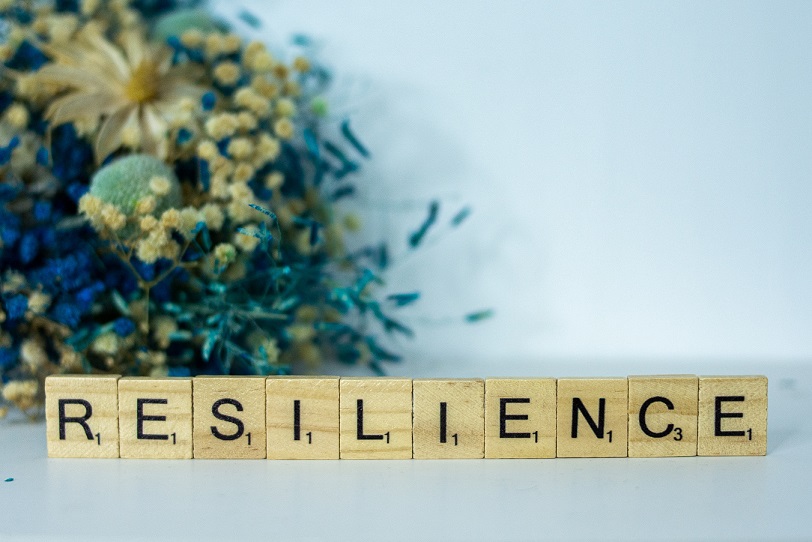
Resourcefulness and resilience are vital attributes for graduates to develop so that they can cope effectively with the problems and setbacks they will encounter in the challenging and rapidly changing world of work.
If you are resourceful, you are efficient and innovative at optimising your resources and find opportunity in situations where there doesn’t seem to be any. Resourceful people are curious, optimistic, and determined to solve problems creatively, often in the face of adversity.
Resilience is being able to bounce back quickly from difficulties and setbacks, accepting that not everything will go to plan.
The good news is that everyone can learn to be more resourceful and resilient.
Resilience is not simply hardiness and ‘getting on with it’. Resilience is a dynamic, developmental process (not a fixed trait) and can vary within one individual over time depending on circumstances.
Experiencing adversity is essential to developing resourcefulness and resilience as it is through experiencing failure and making mistakes that you learn. A crucial way of becoming more resilient is to recognise when and where to ask for help.
Building your resilience is closely linked to developing a growth mindset, coined by American psychologist Professor Carol Dweck. A growth mindset is a belief that you can develop your skills and talents through hard work, the right strategies, and guidance from others.
Those with a growth mindset take on challenges and view mistakes as normal when trying something new. Failure is viewed as feedback and a learning pathway to success. View Tedtalk The Power of belief: mindset and success by Eduardo Briceno for more on this.
Microsoft CEO Satya Nadella said: “We need to be willing to lean into uncertainty, take risks and move quickly when we make mistakes, recognizing failure happens along the way to mastery.”
How to talk about resilience in the recruitment process
So employers want to recruit graduates who demonstrate a growth mindset and resilience and they assess this in the recruitment process. Common questions are:
- “Tell me about a project you were involved in where you faced a major obstacle. What did you do to overcome it?”
- Describe a time when something didn’t work out as you had planned. What did you do and what did you learn from it?’
- ‘Tell us about a mistake you’ve made. What did you learn?’
Recruiters want to see you are self-aware, learn from your mistakes, take responsibility, don’t blame others, can seek support from others and know when to ask for help.
Ideas for developing and demonstrating Resourcefulness and Resilience
- Developing resilience will be different for everybody. Develop a practice of reflecting on your mistakes and when things didn’t go well. Think about what you learnt and what you would do differently in the future.
- Use the Careers team’s Self-Awareness tool to increase your understanding of your values and strengths. Identifying times when you have demonstrated resourcefulness and resilience can help build self-confidence and will be useful examples to use on job applications and in interviews.
- Watch this short Prospect Future You: Growth mindset webinar which offers strategies for tackling self-limiting beliefs so you can make the most of future opportunities.
- Looking after your physical and mental well-being is vital to building resourcefulness and resilience. Consider what you can do to boost your well-being, whether it’s taking up a new sport, trying mindfulness to help with emotional regulation or connecting more with friends and family.
Find out about Employability and Global and Cultural Capability, Digital Capability and Sustainability in the other blogs in this series.
